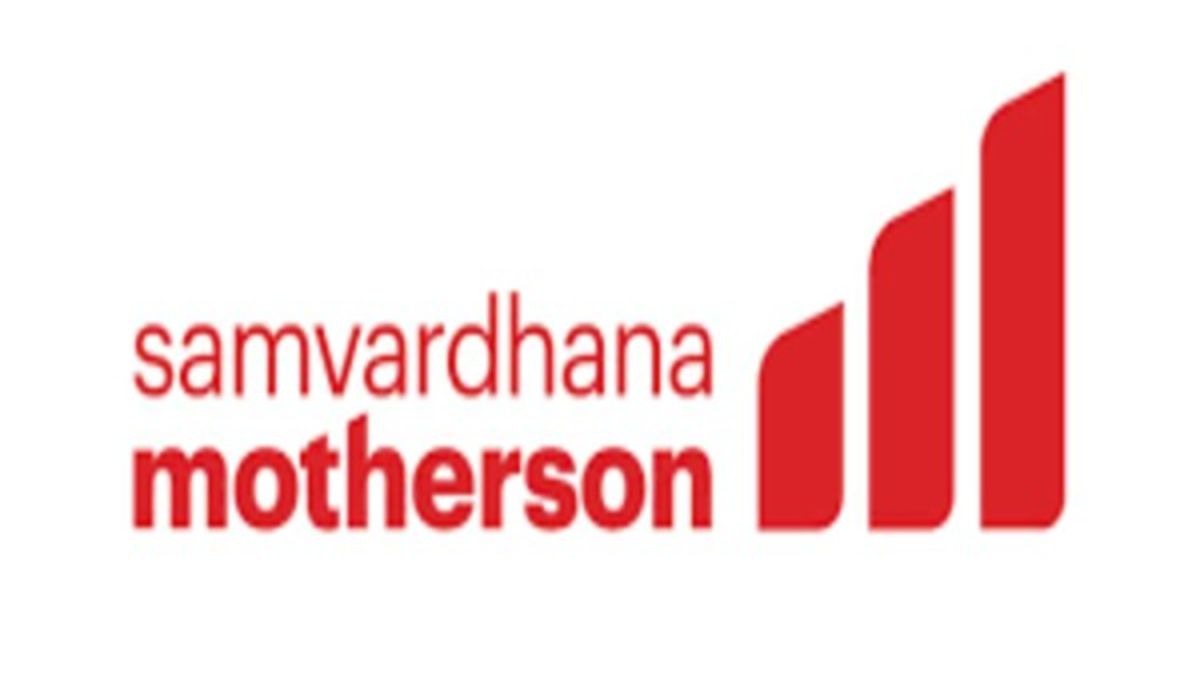Samvardhana Motherson International Limited (SAMIL), commonly known as Motherson, is a leading global manufacturer of automotive components and systems, headquartered in Noida, India. Established in 1986, it operates as a flagship company of the Motherson Group, with a presence in 41 countries and over 180,000 employees as of early 2025. The company serves a diverse range of industries, primarily automotive, while also expanding into aerospace, electronics, and other sectors. Below is an overview based on the latest available information as of April 5, 2025.
Business Overview
SAMIL’s operations are divided into several key segments:
- Automotive Business: The core of its revenue, this segment includes:
- Wiring Harnesses: A major product line supplying electrical systems to automakers.
- Modules and Polymer Products: Interior and exterior components like dashboards, bumpers, and door panels.
- Vision Systems: Rearview mirrors and camera-based solutions.
- Metal Products: Precision components and assemblies. The company serves leading OEMs (Original Equipment Manufacturers) such as Volkswagen, BMW, Ford, and Toyota, with automotive accounting for over 85% of its revenue.
- Non-Automotive Business: This includes aerospace (e.g., supplying Airbus), health and medical, and emerging areas like electronics manufacturing for consumer goods.
- Diversified Portfolio: Recent expansions include joint ventures and acquisitions in electronics (e.g., mobile glass manufacturing) and logistics, reflecting a strategic shift beyond traditional auto components.
SAMIL’s business model relies heavily on strategic acquisitions—over 35 in the last two decades—enabling it to broaden its product offerings and geographic reach. It operates 350+ manufacturing facilities globally, with significant production bases in India, Europe, North America, and Asia-Pacific.
Recent Financial Performance (Q3 FY25)
SAMIL reported its Q3 FY25 (October-December 2024) earnings on February 14, 2025, showcasing resilience despite a challenging global automotive landscape:
- Revenue: Rs 27,666 crore, up 7.9% year-on-year (YoY) from Rs 25,641 crore in Q3 FY24, driven by stable demand and diversification.
- Net Profit: Rs 879 crore, a 20% YoY increase from Rs 732 crore, though some reports cite a 62% jump depending on adjustments (e.g., exceptional items). The variance reflects differing analyst interpretations.
- EBITDA: Rs 2,776 crore, up 17% YoY, with an EBITDA margin of 10%, improved from 9.2% in Q3 FY24, due to operational efficiencies and reduced raw material costs.
- Debt Reduction: Gross debt fell 28% sequentially, and net debt dropped 9%, bringing leverage to 0.9x, the lowest in recent years.
Growth was tempered by a 2% decline in global light vehicle production, yet SAMIL outperformed through its diversified customer base and non-automotive segments, which grew 15% YoY.
Operational Highlights
- Sales Volumes: The company saw steady demand in Europe and North America (60% of revenue), though Asia faced softer growth.
- Acquisitions: In December 2024, SAMIL acquired Baldi Industria e Comércio Ltda in Brazil, enhancing its polymer and module capabilities in South America. On March 24, 2025, it acquired a 51.99% stake in Atsumitec Co. Ltd (Japan) for diversification into precision components.
- Aerospace Milestone: In March 2025, SAMIL was selected as a Tier 1 supplier to Airbus for commercial aircraft, marking a significant non-automotive win.
- Dividend: An interim FY25 dividend was announced, with a record date set post-Q3 results, boosting investor sentiment.
Stock Performance and Market Position
As of April 5, 2025, SAMIL’s stock has faced volatility:
- Share Price: Around Rs 128-132 on April 3, 2025, down 3.19% following U.S. President Donald Trump’s March 2025 announcement of a 25% tariff on foreign automobile imports, impacting export-focused Indian auto firms. The stock hit a 52-week high of Rs 217 on September 27, 2024, and a low of Rs 114.4 on March 26, 2024.
- Market Cap: Approximately Rs 90,840 crore ($11 billion USD).
- Yearly Performance: Up 57% over the past year as of January 2025, but down 40% from its September 2024 peak due to tariff fears and global trade concerns.
Analysts remain cautiously optimistic, with Nomura maintaining a “Buy” rating (target Rs 128) in March 2025, citing potential gains from electronics exports amid shifting U.S. trade policies.
Shareholding Pattern (as of December 31, 2024)
- Promoters: 60.31%, led by the Sehgal family (Vivek Chaand Sehgal, Chairman, and son Laksh Vaaman Sehgal). A recent insider acquisition by Laksh Vaaman Sehgal of 384,588 shares worth Rs 5.04 crore (April 1, 2025) signals confidence.
- FIIs: 12.45%, down from 14% in Q2 FY25, reflecting tariff-related uncertainty.
- DIIs: 17.82%, up slightly, with mutual funds at 9.5%.
- Public: 9.42%.
Challenges and Outlook
SAMIL faces headwinds from U.S. tariffs (exports account for 20% of revenue), rising input costs, and a slowdown in European automotive demand. However, its debt reduction, aerospace entry, and electronics push provide buffers. The company aims to grow non-automotive revenue to 25% by FY30, reducing reliance on cyclical auto markets.
The information in this article is based on publicly available data as of April 05, 2025, sourced from regulatory filings, company announcements, credible reports, and posts on X. It is intended for informational purposes only and does not constitute financial advice, investment recommendations, or an endorsement of Samvardhana Motherson. Readers should conduct their own research and consult financial professionals before making investment decisions. The author and publisher are not liable for any errors, omissions, or outcomes resulting from the use of this information.


